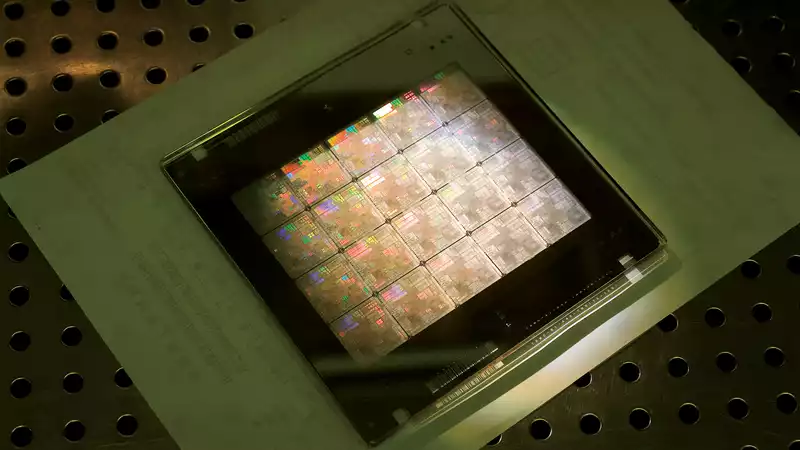Reports abound that chip supply shortages are affecting all industries, but it's not just graphics cards that are hard to find. News has broken that mega-foundry TSMC is prioritizing the production of chips for automotive applications over other uses. Is there any hope for us poor gamers to get our hands on a new GPU?
TSMC, of course, is the Taiwanese foundry that currently makes most of AMD's CPUs and GPUs, not to mention Apple's smartphone chips and the new Apple M1 processor. CNBC reports that TSMC plans to allocate the new production capacity to automakers first.
The move comes as TSMC is reportedly under increasing pressure at the government level to prioritize automotive chips. The global automotive industry is currently suffering significant production delays due to chip shortages, and German Economics Minister Peter Altmaier has written to the Taiwanese minister in charge of the industry asking TSMC, a major supplier of semiconductors to the automotive industry, to focus above all on automotive production. Similar requests were reportedly sent by the United States, the European Union, and Japan.
The economic necessity of maintaining production for automobiles is clear enough: no GPUs means that $500 graphics cards may not be manufactured. But without the supply of semiconductors, it would be impossible to produce automobiles with retail prices two orders of magnitude higher. No wonder the major auto-producing countries are trying to twist an arm or two.
Meanwhile, automotive chips are becoming an increasingly important component as cars become more intelligent and connected. Tesla even hired superstar chip designer Jim Keller in 2016 to help design its own chips for applications including self-driving.
And just yesterday, it was reported that Tesla is partnering with Samsung to manufacture its next self-driving chips at 5nm. Tesla's in-house design will replace chips previously purchased from Nvidia, which shows how intertwined these things are.
But before we all panic and assume that GPUs are gone for the foreseeable future, a few factors are worth keeping in mind. First, it is important to note that this prioritization is said to apply to any capacity expansion; TSMC will not reduce production of other chips in favor of automotive semiconductors.
"If we can increase production by optimizing capacity, [TSMC] will work with the government to consider automotive chips as a major application," a TSMC spokesperson explained.
Furthermore, the percentage of TSMC's production capacity dedicated to automotive chips is actually believed to be low. More importantly, aside from Tesla's self-driving chips, automotive semiconductors tend to use mature processes that are one to three nodes behind the leading edge.
This means that the automotive chips in question are likely to be manufactured on a different process than AMD's CPUs and GPUs, in which case they will not compete in terms of access to capacity. Nevertheless, we do not expect the graphics card shortage to be resolved anytime soon. However, it probably won't get any worse just because automakers have made a fuss.


Comments